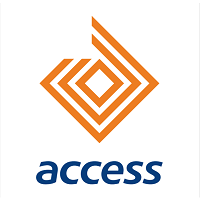
In a recent interview on CNBC Africa’s ‘Closing Bell’, Access Bank’s Head, Sustainability, Omobolanle Victor-Laniyan, discussed the key role of the private sector in the implementation of the United Nations 2030 Agenda for Sustainable Development Goals (SDGs).
Emphasizing the urgent need for private and public players to collaborate in order to meet up with the 10-year timeline for the full implementation of the SDGs, Victor-Laniyan reiterated that it is an onerous task that cannot be expected to be borne alone by the public sector.
“Achieving success in implementation requires a lot of financial investment. Research on the estimated cost of eradicating poverty globally pegs it at about $66bn per year. While the annual investment required to improve infrastructure; that’s clean water, power, transportation, and agriculture could total to about $7tn. That is a substantial amount, the government alone cannot tackle the SDGs at the national level, businesses and private institutions have a key role to play,” Victor-Laniyan said.
With Nigeria still navigating an economically crippling pandemic, the path to achieving the SDGs is currently facing several forms of systemic hindrances and other national threats such as terrorism and increased poverty levels. This development continues to cause a decline in the growth targeted by the United Nations but as experts have expressed, the situation can be steered towards change with increased participation and partnership from various actors from across the private and public sectors.
Speaking on whether the private sector can respond differently from the public sector in addressing global crises, and more recently the raging global pandemic, Victor-Laniyan opined that,
“The private sector can behave differently. Issues around development offer opportunities for private sector organizations that are innovative. Challenges require solutions, and as the private sector, we could provide those solutions. The private sector can proffer these solutions by innovating appropriately across various SDG areas, such as building sustainable cities, climate-smart agriculture, clean energy, improved healthcare, and so on. All of these require not only the dynamism but also the funding of the private sector working in very close partnership with governments and communities.”
Victor-Laniyan went on to highlight what businesses stand to gain if they key into applying a Sustainability driven business approach stating that,
“organizations that use the SDGs as an overarching framework in shaping and communicating their various strategies, goals, and activities, obtain the unwritten the social license to operate and this ultimately leads to profitability.”

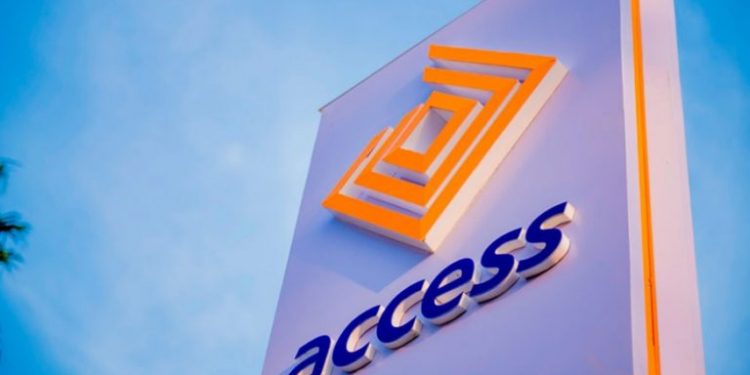
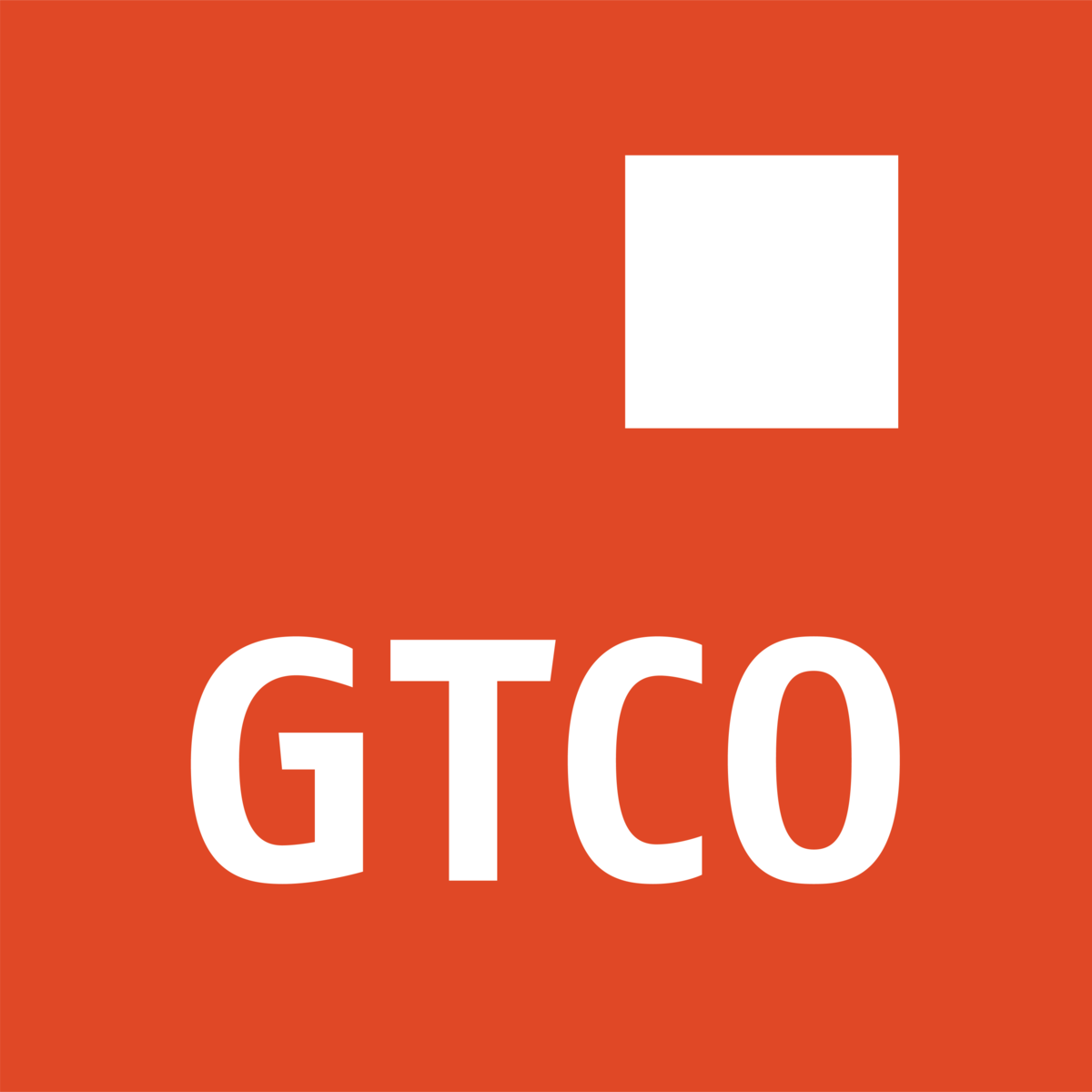
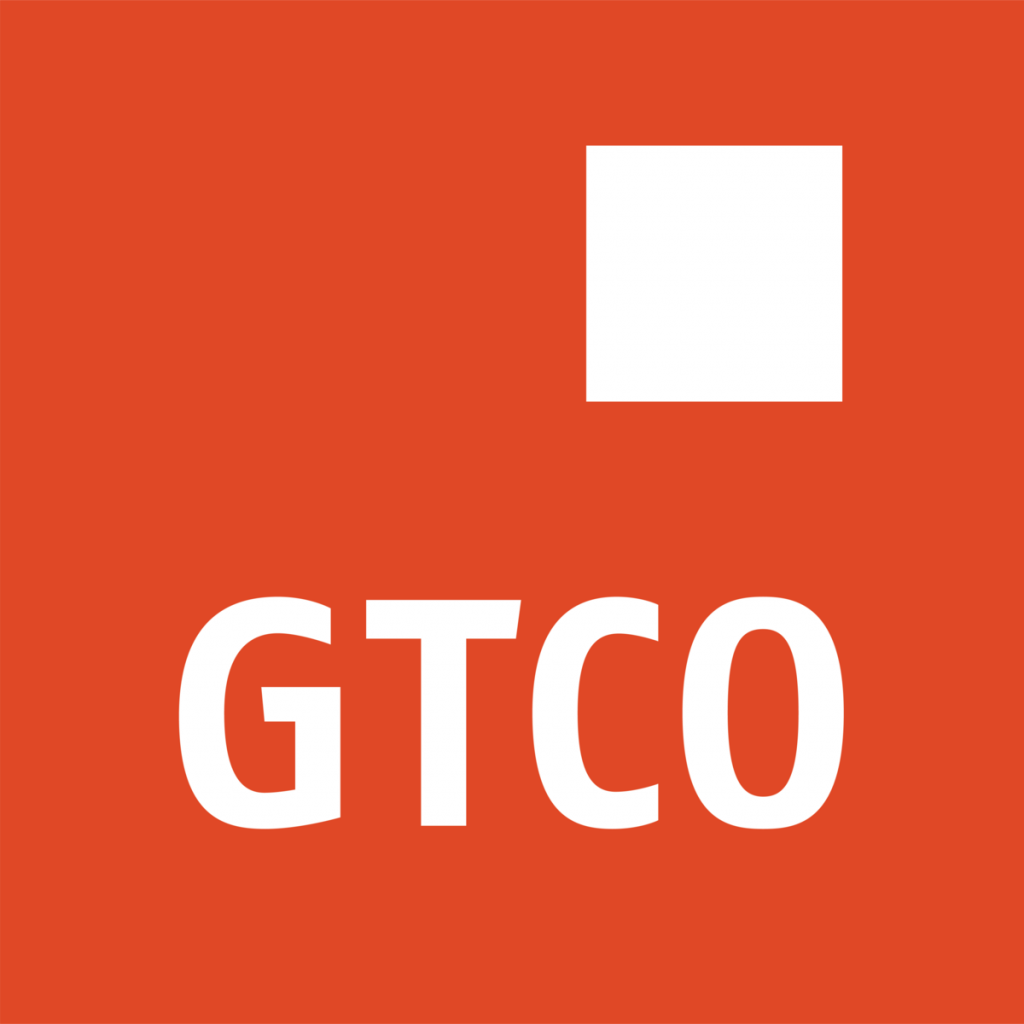 Guaranty Trust Holding Company Plc (GTCO Plc), Africa’s leading and most profitable Financial Services Group, has recorded a significant milestone in its growth and expansion journey with the successful admission of its Ordinary Shares to the Equity Shares (International Commercial Companies Secondary Listing) category of the Official List of the Financial Conduct Authority (FCA) and to trading on the main market for listed securities of the London Stock Exchange.
Guaranty Trust Holding Company Plc (GTCO Plc), Africa’s leading and most profitable Financial Services Group, has recorded a significant milestone in its growth and expansion journey with the successful admission of its Ordinary Shares to the Equity Shares (International Commercial Companies Secondary Listing) category of the Official List of the Financial Conduct Authority (FCA) and to trading on the main market for listed securities of the London Stock Exchange.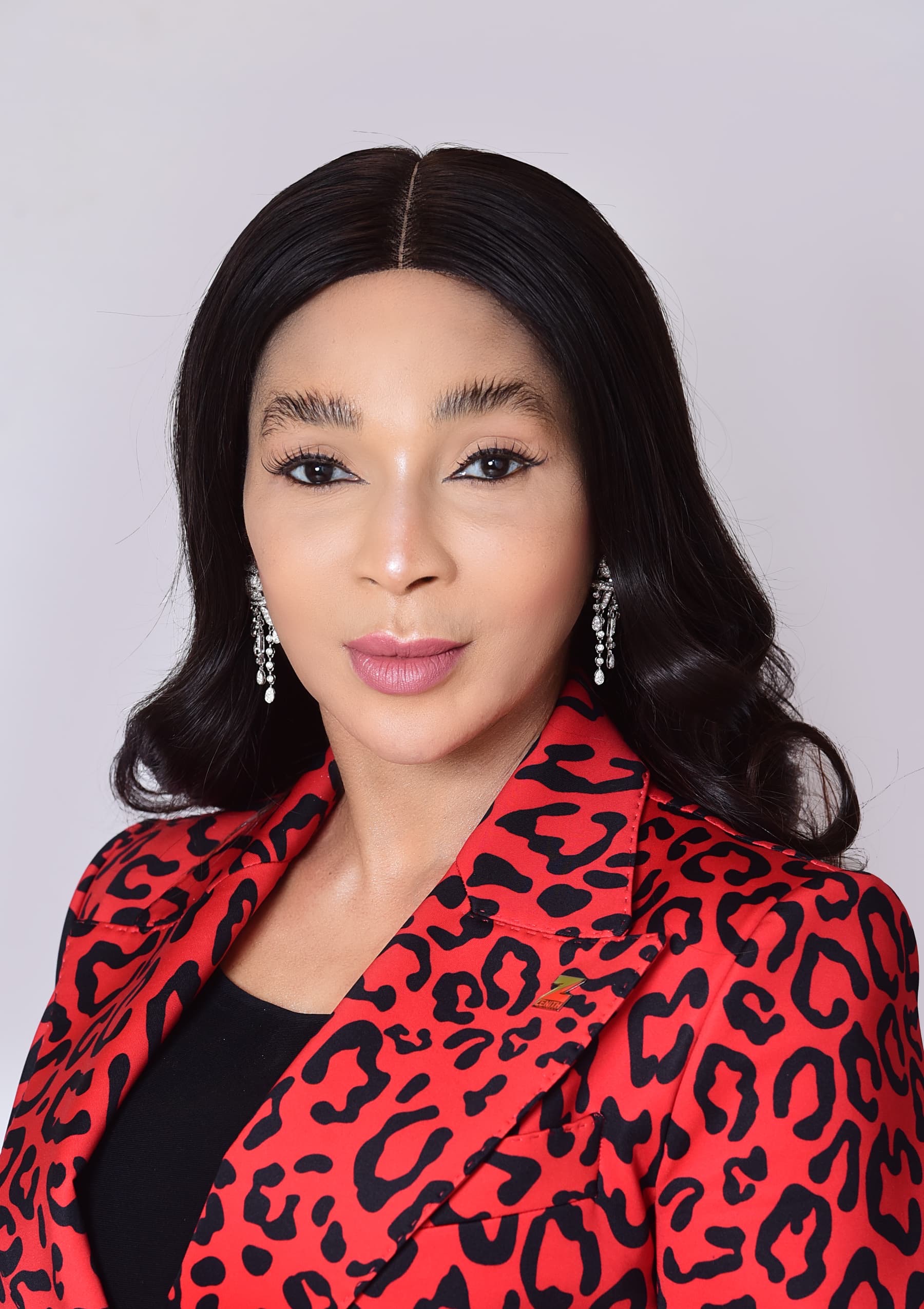
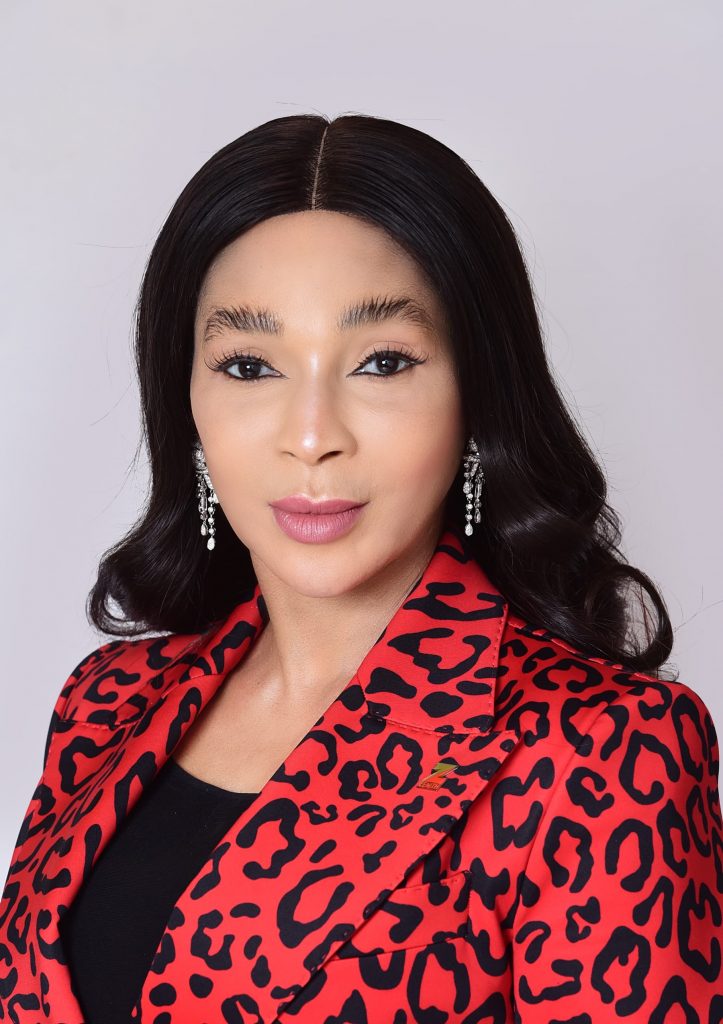 Zenith Bank Plc has retained its position as the Number One Bank in Nigeria by Tier-1 Capital for
Zenith Bank Plc has retained its position as the Number One Bank in Nigeria by Tier-1 Capital for
 Pix 1 L-R: Registrar & Chief Executive of the Chartered Institute of Bankers of Nigeria (CIBN) Akin Morakinyo; Managing Director and Chief Executive Officer of Keystone Bank Limited, Mr. Hassan Imam; Group Managing Director/Chief Executive, Zenith Bank, Dame (Dr.) Adaora Umeoji; The Executive Governor of Niger State, His Excellency, Governor Mohammed Umaru Bago; Chairman, Body of Bank CEOs and Group Managing Director/CEO, United Bank for Africa (UBA) Plc, Oliver Alawuba; Managing Director Taj Bank Mr. Hamid Joda; and Secretary to the Government of Niger State (SSG), Alhaji Abubakar Usman during the donation of relief materials from the Body of Bank CEOs in Nigeria, aimed at supporting victims of the recent devastating floods in Mokwa Local Government Area held at the Niger State House in Abuja at the weekend.
Pix 1 L-R: Registrar & Chief Executive of the Chartered Institute of Bankers of Nigeria (CIBN) Akin Morakinyo; Managing Director and Chief Executive Officer of Keystone Bank Limited, Mr. Hassan Imam; Group Managing Director/Chief Executive, Zenith Bank, Dame (Dr.) Adaora Umeoji; The Executive Governor of Niger State, His Excellency, Governor Mohammed Umaru Bago; Chairman, Body of Bank CEOs and Group Managing Director/CEO, United Bank for Africa (UBA) Plc, Oliver Alawuba; Managing Director Taj Bank Mr. Hamid Joda; and Secretary to the Government of Niger State (SSG), Alhaji Abubakar Usman during the donation of relief materials from the Body of Bank CEOs in Nigeria, aimed at supporting victims of the recent devastating floods in Mokwa Local Government Area held at the Niger State House in Abuja at the weekend.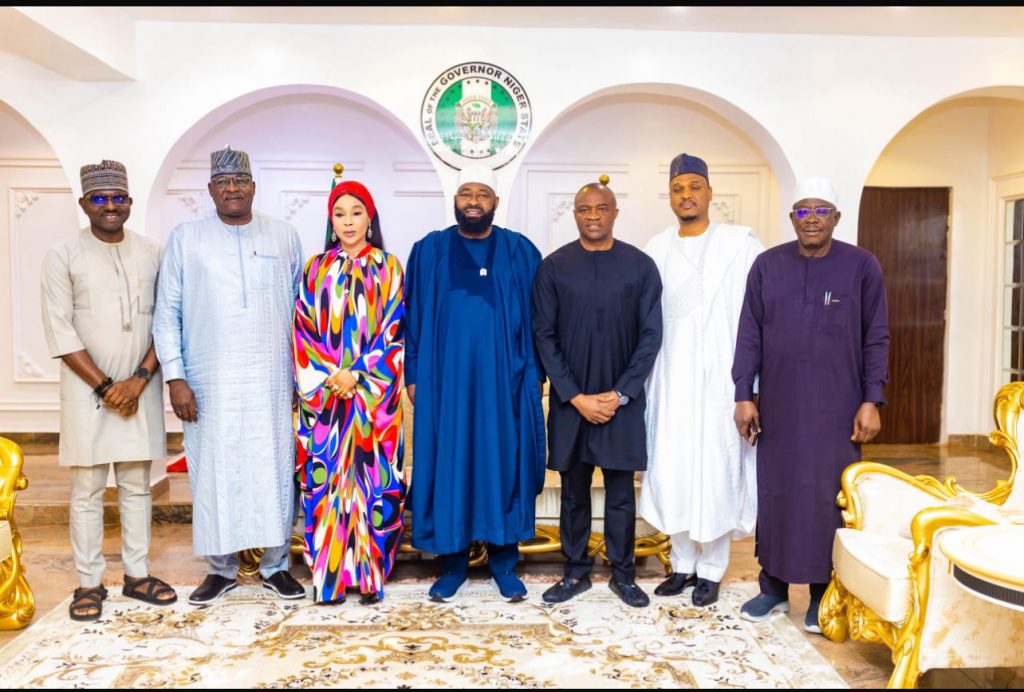 The Executive Governor of Niger State, His Excellency, Governor Mohammed Umaru Bago; Chairman, Body of Bank CEOs and Group Managing Director/CEO, United Bank for Africa (UBA) Plc, Oliver Alawuba during the donation of relief materials from the Body of Bank CEOs in Nigeria, aimed at supporting victims of the recent devastating floods in Mokwa Local Government Area held at the Niger State House in Abuja at the weekend
The Executive Governor of Niger State, His Excellency, Governor Mohammed Umaru Bago; Chairman, Body of Bank CEOs and Group Managing Director/CEO, United Bank for Africa (UBA) Plc, Oliver Alawuba during the donation of relief materials from the Body of Bank CEOs in Nigeria, aimed at supporting victims of the recent devastating floods in Mokwa Local Government Area held at the Niger State House in Abuja at the weekend









